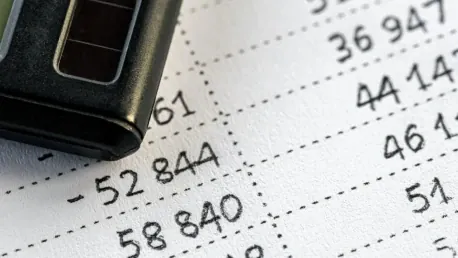Vice President Kamala Harris recently endorsed President Joe Biden’s ambitious proposal for $5 trillion in tax hikes, a plan that has sparked notable concern among financial elites and investors. These stakeholders fear the plan might drift too far to the left, particularly with its focus on the “billionaire income tax.” This component targets unsold assets of individuals earning over $100 million annually, which has become a focal point of conservative criticism. Among the vocal opponents is billionaire Mark Cuban, who argues that the plan’s aggressive nature could have unintended economic consequences. Harris’s endorsement and the ensuing debate underscore the tension between progressive fiscal policies aimed at reducing income inequality and the conservative viewpoint prioritizing economic stability and growth.
Despite the backlash, the Biden administration remains resolute in its commitment to the tax agenda, which seeks to balance economic growth while addressing income disparity. Harris’s team has engaged in discussions with several high-profile business leaders like Tony West, Blair Effron, and Brad Karp to alleviate concerns within the financial community. The administration’s primary goal is to implement tax reforms that can foster long-term economic benefits without stifling investments and innovation. The dialogue between Harris’s team and business magnates illustrates the complexity of navigating such a significant policy shift and highlights the diverging perspectives on the future trajectory of U.S. tax policy.
The crux of the debate lies in whether such a tax strategy can succeed in its dual aims: stimulating economic growth and reducing income inequality. Proponents argue that the increased revenue from higher taxes on the ultra-wealthy and large corporations can be funneled into infrastructure, education, and healthcare, thus providing a more robust safety net and driving broad-based economic growth. Critics, however, caution that the aggressive tax policies could lead to capital flight, lower levels of investment, and potential slowdowns in economic activity. As the Biden administration navigates this contentious issue, it will need to carefully consider both immediate reactions and long-term impacts to foster a more equitable and thriving economy.









